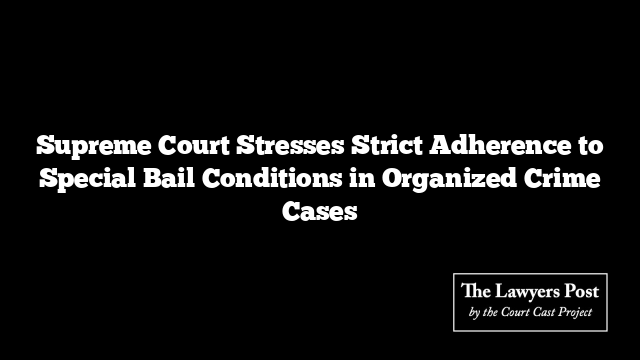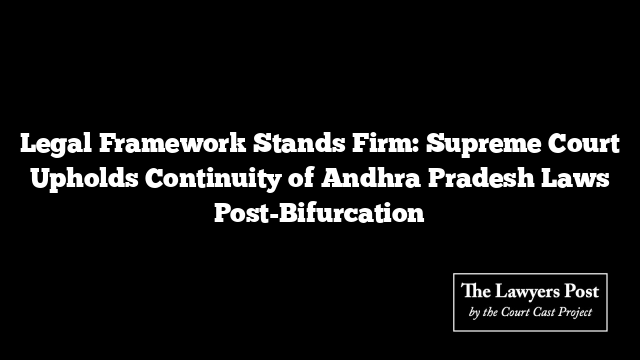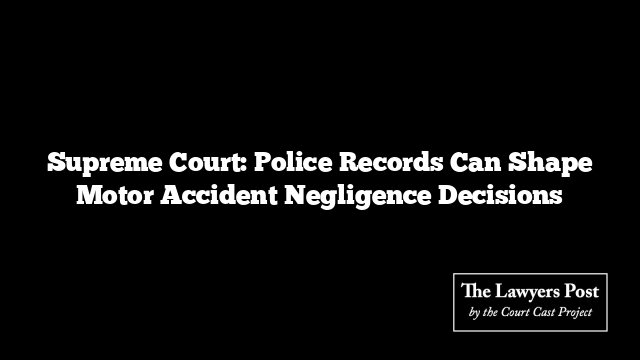The Supreme Court underscored that courts must adhere to stringent bail conditions outlined in special laws, setting aside a High Court order that granted bail to individuals charged under the Maharashtra Control of Organized Crime Act, 1999 (MCOCA).
A bench comprising Justices CT Ravikumar and Sanjay Karol emphasized that special statutes like MCOCA impose strict prerequisites for granting bail. Under Section 21(4) of MCOCA, bail cannot be granted unless the court is satisfied that the accused is not guilty and unlikely to reoffend while on bail. The bench criticized the High Court for evaluating the adequacy of evidence rather than adhering to these statutory requirements.
The Supreme Court observed that the High Court overstepped its boundaries by delving into the sufficiency and correctness of the prosecution’s case instead of focusing on whether the conditions for granting bail were met. The bench clarified that exceptions to these stringent conditions might arise only in cases involving constitutional violations but not on evidentiary grounds alone.
Highlighting the importance of maintaining the integrity of special enactments, the Court stated:
“When a statute like MCOCA imposes specific restrictions on granting bail, courts must rigorously comply with those provisions. Any deviation undermines the legislative intent behind such laws, which aim to combat organized crime with a high degree of stringency.”
Consequently, the Court annulled the High Court’s bail order and instructed it to reconsider the bail application strictly in accordance with Section 21(4) of MCOCA. The High Court was directed to complete the review within one month.
This decision reinforces the judiciary’s responsibility to uphold the statutory framework of special laws while ensuring that judicial discretion remains firmly anchored to the legislative intent.





